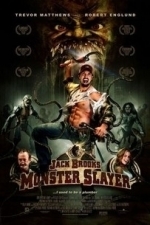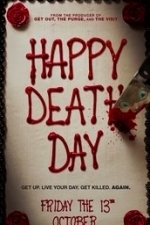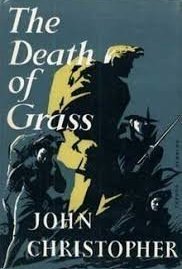Matthew Krueger (10051 KP) rated The Yards (2000) in Movies
Jan 8, 2021
The plot: After serving time in prison for taking the fall for a group of his friends, Leo just wants to get his life back on track. So he goes to the one place he thinks will be safe -- home. There he takes a new job with his highly connected and influential uncle. But in the yards, where his uncle now pulls the strings, safe is not how they do business. Unwittingly, he's drawn into a world of sabotage, high stakes payoffs and even murder.
Its okay.
Lee KM Pallatina (951 KP) rated Jack Brooks: Monster Slayer (2007) in Movies
Jun 25, 2019
After witnessing his family's brutal murder as a child, he grows up with an unquenching fury he is constantly fighting.
After accidentally unleashing an ancient evil during a plumbing job, his client/professor (Robert Englund) becomes possessed and mutates into a gruesome monster with an undying hunger.
This results in Jack facing his fears he can no longer run from and discover the purpose of his inner rage.
This is a great movie that honestly pays off, a low budget project that deserves a franchise.
Starring Trevor Mathews & Robert Englund
Story by: John Ainslie; Jon Knautz; Trevor Matthews; Patrick White
Directed by: Jon Knautz
Release date: October 9, 2007 (Sitges Film Festival); July 25, 2008 (Canada); August
Fred (860 KP) rated Happy Death Day (2017) in Movies
Jun 29, 2019
Awix (3310 KP) rated The Death of Grass in Books
Sep 5, 2019
Particularly strong on characterisation and the impact of the disaster on the protagonist: initially a decent upper-middle-class chap, John Custance finds the survival of his family requires him to condone (and even commit) acts of betrayal, murder, and maybe even worse things. Powerful ideas, and Christopher's no-nonsense style lets them into the reader's mind where they linger uncomfortably. A fine book that deserves to be better known.
I have been hooked, still am.
I have listened to the 1st series more than once. The episodes are so intriguing and draw you in.
An investigation into the death of 21 year old Christian Andriacchio, the first series dives into timelines, exclusive interviews, evidence and the 911 call. The family are suspicious and are 100% convinced foul play, but a 45 minute police investigation ruled it a suicide.
What happened? Was this murder? Or just a tragic story with a sad ending?
I must say I did my own research alongside the podcast, and if you jump down the rabbit hole like I did, you are bound to dig up things the P.D didnt want you to see.
Let me know in the comments if you listened, and if you are excited for season 2.
I am...

If I Die Before I Wake
Book
HOW DO YOU SOLVE YOUR OWN MURDER? Everyone believes Alex is in a coma, unlikely to ever wake up....
Thriller mystery
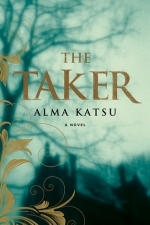
The Taker (The Taker Trilogy #1)
Book
True love can last an eternity . . . but immortality comes at a price. . . . On the midnight...
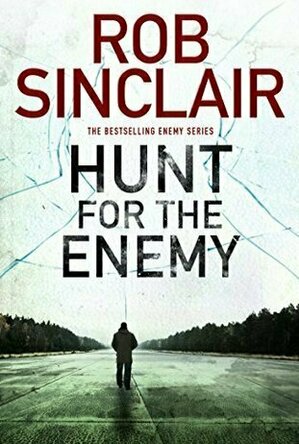
Hunt For The Enemy (The Enemy #3)
Book
The breathtaking and action-packed finale to the bestselling Enemy series. The Hunt is on. ...
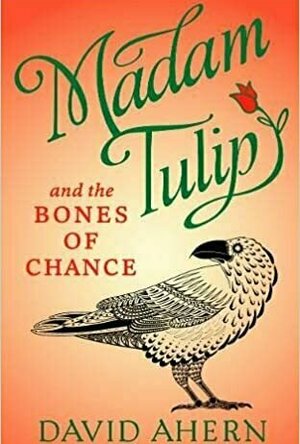
Madam Tulip and the Bones of Chance (Madam Tulip #3)
Book
A surprise role in a movie takes actress Derry O’Donnell to a romantic castle in the Scottish...

Hollyberry Homicide
Book
A cold wind is blowing off Lake Michigan, and murder is scaring the dickens out of everyone . . . ...

